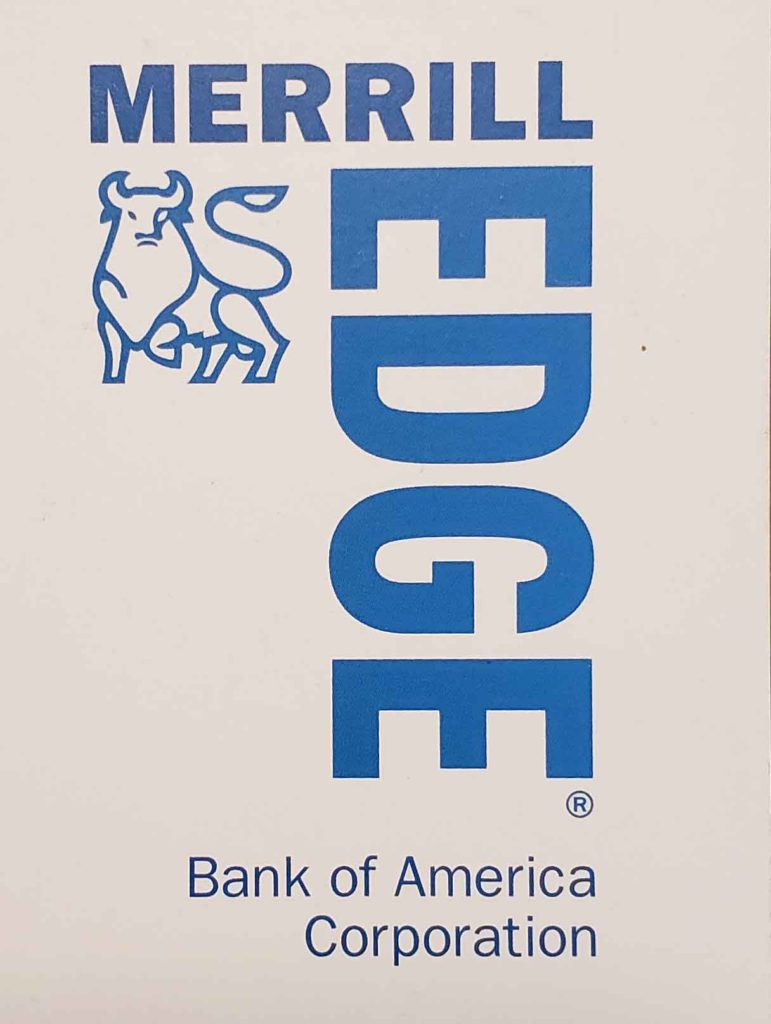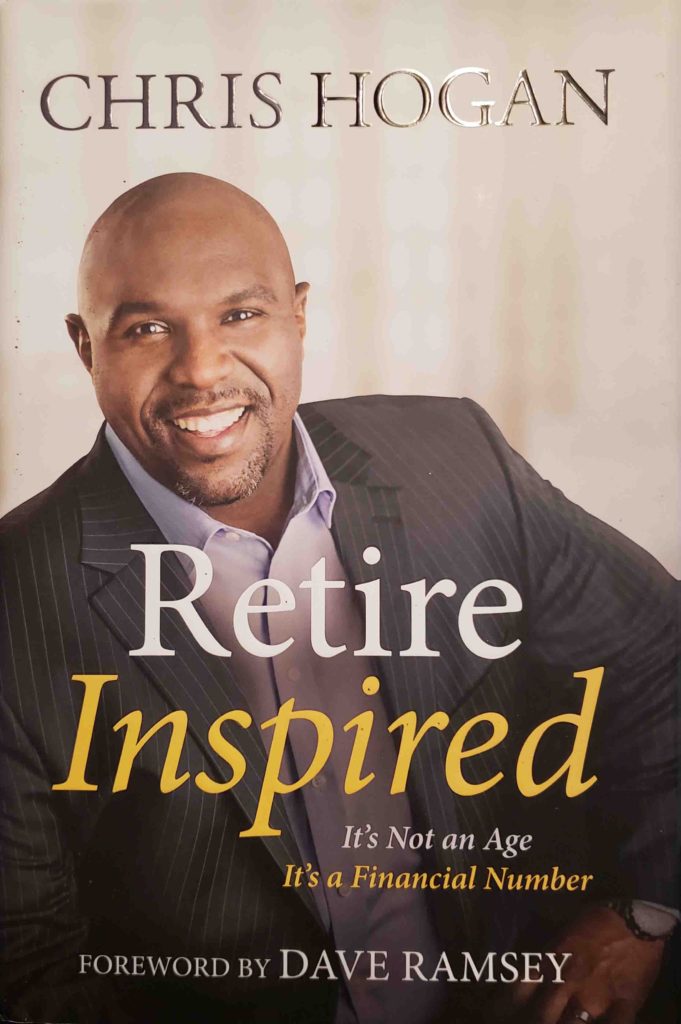Two of the focuses of my blog are Financial Literacy/Money and Business/Entrepreneurship. Understanding the difference between assets and liabilities is critical to understanding and building wealth. Likewise, simply having a job and working for ‘earned income’ versus acquiring money-generating assets is the difference between solely being an employee and one day becoming financially independent. The following contributed post is entitled, If You Don’t Own Something Your Wealthy Isn’t Real.
* * *
We are all beholden to the economy of the nation we live in. The nation’s economy is beholden to the global economy. And round and round we go, in this daisy chain of ours. Everything is affected by everything else. Now, your biggest concern is your personal wealth; as it should be. The secret to protecting your wealth is to try and make it insular from everything else. In other words, you want to have a wealth that isn’t affected by the outside world. But, as aforementioned everything is tied to everything else. Whether you’re shopping for clothes, buying groceries or applying for a mortgage, before the price is levelled at your feet it has to go through the market. The market determines what that price will be. So two things we can conclude. There’s no way for your wealth to not be affected by the global economy and the market is how price is determined; in other words your wealth is given it’s true value. The giants that tower over everything else are assets. If you’re not holding something, owning something and backing up your monetary wealth by an asset, it’s not real.
What is an asset?
Firstly an asset is a complex entity to describe. However, for the sake of simplifying things, think of assets as something other than cold hard cash. Yet there are some people who will include their cash in ‘personal assets’. Number one, the most common asset is your home or rather property that you own. Land and structures on them home are all part and parcel of the same asset. A business is also considered an asset. A car or some kind of vehicle such as a boat is also considered an asset. Investment holdings such as stocks, insurance policies, mutual funds etc, are all considered assets. Warehouse storages, garages and equipment are all assets too.
There seems to be one running theme doesn’t there? An asset usually has the ability to convert it’s sale into cash or rather, it produces more wealth. Property prices rise year-on-year, thus you have an appreciating asset. A negative or loss-making asset has become an oxymoron as the whole point of having assets is for your wealth to increase just by ownership of said asset. Cars are a use to someone. It gets people to work, is enjoyable to drive and might be personally valuable to a collector. Stocks are a piece of the pie. A business that grows pays out to its stockholders so again, you have an asset that accumulates wealth for you.
Assets are a ‘hard wall’
Assets are usually a tangible entity. You can touch a property, you can live in the property. It provides you with a value or betterment to your life. Even if that enjoyment is subjective to the person, it still holds that value to be true. Capital assets are purely bank accounts or rather your cash wealth. Cash wealth on it’s own isn’t so confidence-inspiring. Look at it this way, if a wind came to blow your money away, how would you stop it? The simple answer is, you would protect your money with a wall and keep your capital inside. That’s exactly what assets are for. They give your capital asset worth and back it up. Nations do this for their currencies. Why should someone believe your currency is worth something, after all it’s just paper. Well, gold and other precious metals have been used to back up currencies and provide them with a solid wall of protection.
Look up the ‘Gold Standard’ the ‘Gold Standard’. For the majority of the time human beings have had complex, large and global economies, gold has been the number one material that has backed up FIAT currency. People are reassured that the paper they have in their pocket has a value which if they exchanged would allow them to buy food, water, property and live a comfortable life. This is because a precious metal is vouching for it. Assets have the exact same power for your cash wealth. If you were to go to a bank and ask for a loan, if you didn’t have a property, car, or some kind of asset, the chances of being turned away would be high. Assets, like gold jewelry you buy and sell with Gold Buyers, give you a solid foundation of trust and support personally and for your capital.
The age old asset
Since time immemorial there has been one thing we all recognize as an asset. Jewelry is valuable to us in many different ways. It’s easy to understand why it’s valuable too, even as children we already know to look after a piece of jewelry that we have been given or perhaps found. Silver, gold, platinum, rubies, emeralds, diamonds etc, are all the most sought after kinds of jewelry. Precious metals and precious stones, have an innate shine or gleam to them. These materials have taken millions and millions, sometimes billions of years to form. Since this process takes so long, they are inherently valuable to us because they are things we cannot make.
If you have gold chains, diamond rings, ruby encrusted goblets, silver necklace charms or whatever the case may be, you need to protect these assets with some kind of insurance policy. For knowledge on what kinds of jewelry insurance you should get, look at Morison Insurance Brokers and ready their article carefully. They list all the valid reasons why you would need this kind of insurance policy and for what kind of jewelry. Jewelry is such a versatile asset, that almost any kind of financial institution will accept it as collateral holding. It’s not uncommon for bank loans to be given to people with low capital but who have very valuable jewelry assets.
They age like wine
Assets are the number one priority for people who are looking to retire without relying on a state pension. It’s clear to see that owning a couple properties and renting them out would net you a constant stream of capital flowing in. The properties will need to be kept to a high standard so they retain their value for longer, but that’s easily done. Properties are quite easy to understand and maintain. There are lots of services such as roofing, plumbing, landscaping and interior designers that can repair and update your properties to keep with the times. In this sense, assets have the ability to age like fine wine if you know how to take care of them. As the saying goes, if you take care of it, it will take care of you.
Assets like rare cars also have much the same appeal in terms of longevity. One of the original Ford GT40 cars was sold for $10+ million and a Ferrari GTO for even higher. Classic cars are not just interesting to hold as an asset, but they never seem to run out of buyers. No matter how many generations have moved on since the first day they rolled out of the factories, they are still enthusiastically bought for millions of dollars. There will always be a wealthy class of people that want a rare toy in their garage. That’s why having assets is so important, because the value they return to you is always set to increase year after year.
Create your own buffer zone
If none of the previous reasons have convinced you why you need to be owning assets, here is one last attempt. This one should win you over. When an economic crash ensues, capital all across the world gets slaughtered. Stocks and bonds plummet, currency values drop substantially and any hard cash is worth much, much less than it was just yesterday. Essentially, if all your wealth is in some kind of money hedge or just a lump sum in a bank, then your wealth will be cut down dramatically when an economic crash happens. Recessions all hit the cash flow in the market the same way. Consumer confidence drops, people pull their money out of investments and they go into hibernation to wait out the storm.
Now you may be thinking that assets will also have to fall in price because people aren’t spending as much. However, assets retain a lot more of their value even when there is a recession. This is because at the end of the day, someone will have enough money to buy or utilize your asset for their needs. Crucially, that need or desire is still there no matter what is going on in the economy. People who were saving up to buy a house don’t suddenly stop wanting a house because they lost a lot of money. No, the desire is still there so you have an inherent value in assets even in hard times. In a sense, assets create a buffer zone between you and the recession, they allow you to have more authority in the eyes of banks and governments.
Do not put all your wealth under your mattress so to speak. Put your wealth in asset acquiring. Own property such as a house, land, automobiles, boats and jewelry. When you have hard tangible wealth, your paper wealth is automatically boosted in so many ways.














